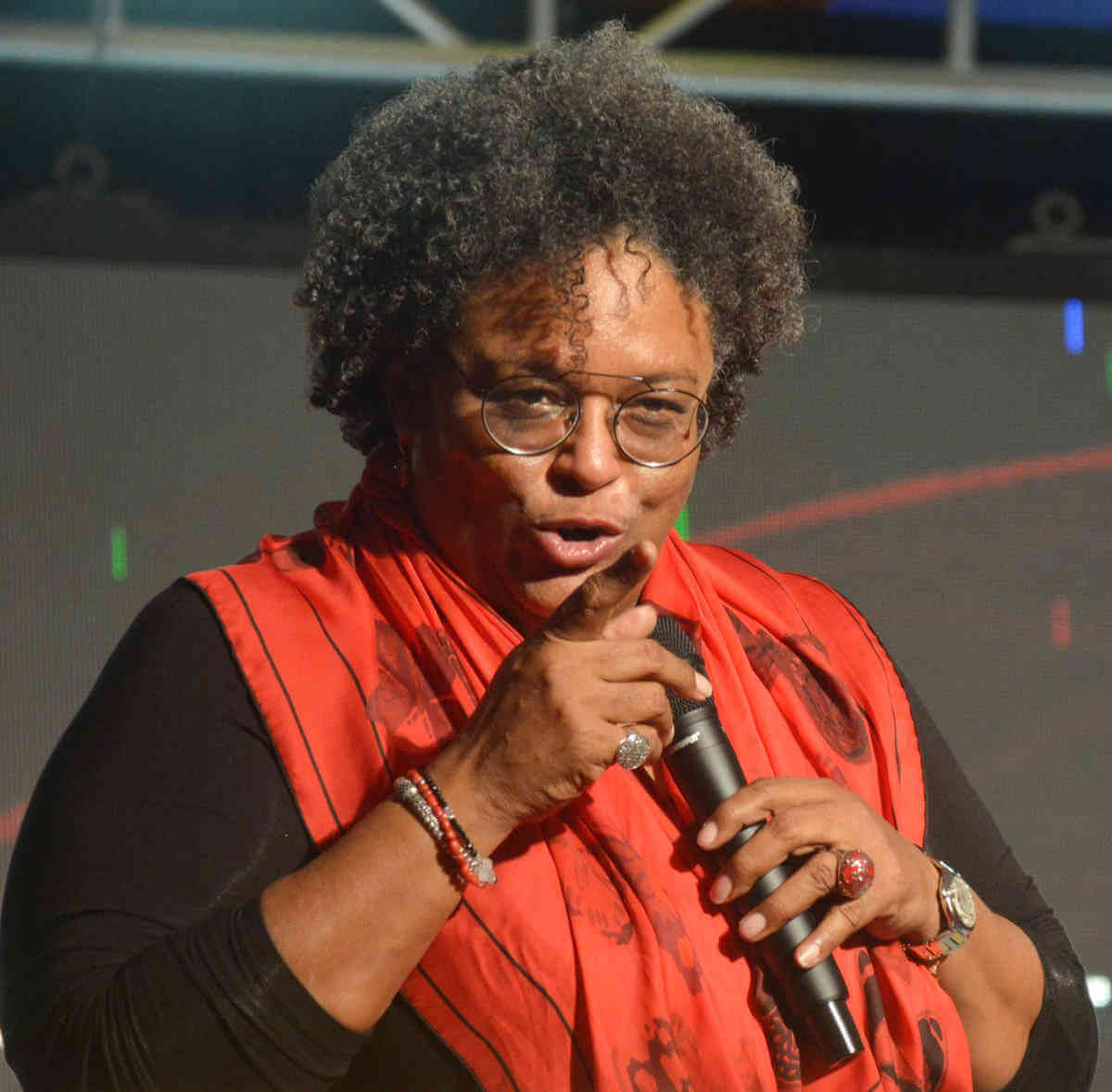Barbados’ lone electricity supplier will be shipping in a standby generator this month to back-up its grid in event of equipment malfunction as happened weeks ago, and it has announced plans to buy a brand-new system next year.
This public commitment coming from Barbados Light and Power (BL&P) represents an about-face from the company’s previously stated position that it had no planned new capital investment because of Barbados’ declared goal of becoming fossil fuel-free by 2030 would render such machinery obsolete in 10 years.
The BL&P statement followed two successive days, Nov. 18-19, of island-wide powercuts, the likes of which Barbadians have not experienced since the world oil crisis of 1973.
By the second day of electricity outage, BL&P Managing Director, Roger Blackman explained that in addition to contaminated oil entering generators, “right now about 50 percent of our generating capacity has passed its retirement age and that certainly is a factor”.
According to Barbados TODAY newspaper, he further said that the reason the company was not investing in replacement of the generator plants was because the country was moving to 100 percent renewable energy, and BL&P would therefore be retiring all its fuel plants by 2030.
Further, he hinted at a foreboding near future for the island by indicating that the old plant made outage rates challenging, and power restoration time longer.
But Prime Minister Mia Mottley would have none of it.
She demanded better from the power company and requested the presence of Rick Janega, CEO of the Canadian parent company, Emera Corporation, who had to fly in from Canada.
Following a closed-door meeting with the BL&P top brass she subjected them all to queries from journalists in a media conference.
At that press briefing Mottley said of BL&P, “they have been in Barbados for over 100 years, and for that reason to whom much is given much is expected”.
She suggested that for its 100 years-plus of patronage Barbadians gave BL&P, the company was now short-changing the nation.
The prime minister pointed out that aside from a few generators bought in 2005, “some were purchased when I was in primary school and those would have to be replaced even though there were attempts to repair them in the past. That is not acceptable.”
“The question is whether they can procure immediately, tomorrow, generating capacity, or whether they would have to rent in the interim and have generating capacity brought on the island until they can procure a permanent one.
“This government must give investors and Barbadians the comfort that the things to which we have become accustomed — access to light and water — must be returned to normalcy and high standards.”
The upshot of Mottley’s blunt talk to the power company’s embarrassment is that the island suffered no more powercuts.
Then towards the end of November, government and BL&P issued a joint statement: “the Barbados Light & Power Company yesterday agreed to urgently add another 15 kilowatts of generating capacity to its electricity grid, part of the process of guaranteeing its capacity.”
The release also indicated, “the BL&P committed to completing all matters related to the procurement of this additional generating equipment over the next 48 hours”.
“This will be in addition to the temporary 12-megawatt generating plant, which is already on a ship headed to Barbados from Panama. … personnel have already begun the preparation to ensure it is installed and commissioned by Dec. 15.
“Meanwhile, the power company has revealed that it is immediately proceeding with the procurement of 33 megawatts of power generation equipment to boost its permanent plant. … costing more than $100 million (US$50 million).”





















